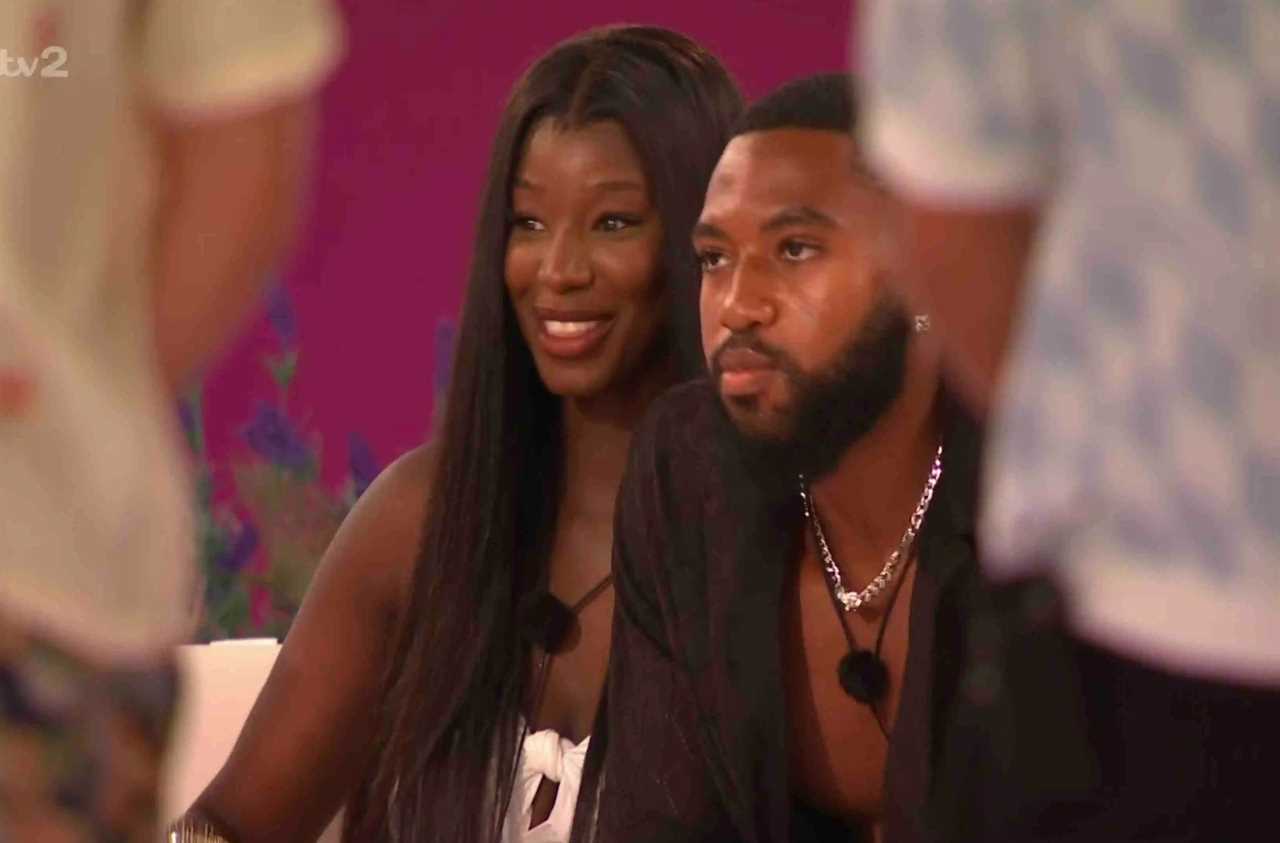
The recent Love Island episode has sparked discomfort among viewers as Remell Mullins openly discussed engaging in "dry humping" with Alima Gagigo, raising questions around acceptable intimate behaviours.
The wider context: Social Norms and Reality TV
Reality TV often blurs the lines between personal boundaries and entertainment, prompting discussions on consent, privacy, and social expectations. Love Island's portrayal of intimate interactions can both reflect and influence societal attitudes towards relationships and sexuality.
Challenging Gender Dynamics in Reality Narratives
Examining the reactions to Remell's revelations unveils underlying gender biases in how sexual behaviours are judged. While Remell's comments were met with shock, criticism, and ridicule, it's crucial to analyse the unequal standards applied to male and female contestants in similar situations.
The Impact of Public Disclosure on Personal Privacy
Delving into the repercussions of sharing intimate details on national television, we confront the fine line between personal choice and public scrutiny. The intersection of reality TV fame and personal integrity raises pertinent questions about consent and autonomy in a media-saturated world.

Empowering Conversations on Boundaries and Respect
Instances like Remell and Alima's disclosures offer an opportunity to engage in meaningful dialogues about respect, boundaries, and agency in relationships. Understanding where to draw the line between personal experiences and public narratives is essential in navigating complex social dynamics.
Repeated instances of boundary-crossing behaviours on reality shows like Love Island highlight the need for critical reflection on the ethical implications of sensationalising intimate encounters for entertainment value. As viewers process these revelations, a broader conversation emerges on the intersection of reality TV, personal privacy, and societal values.






